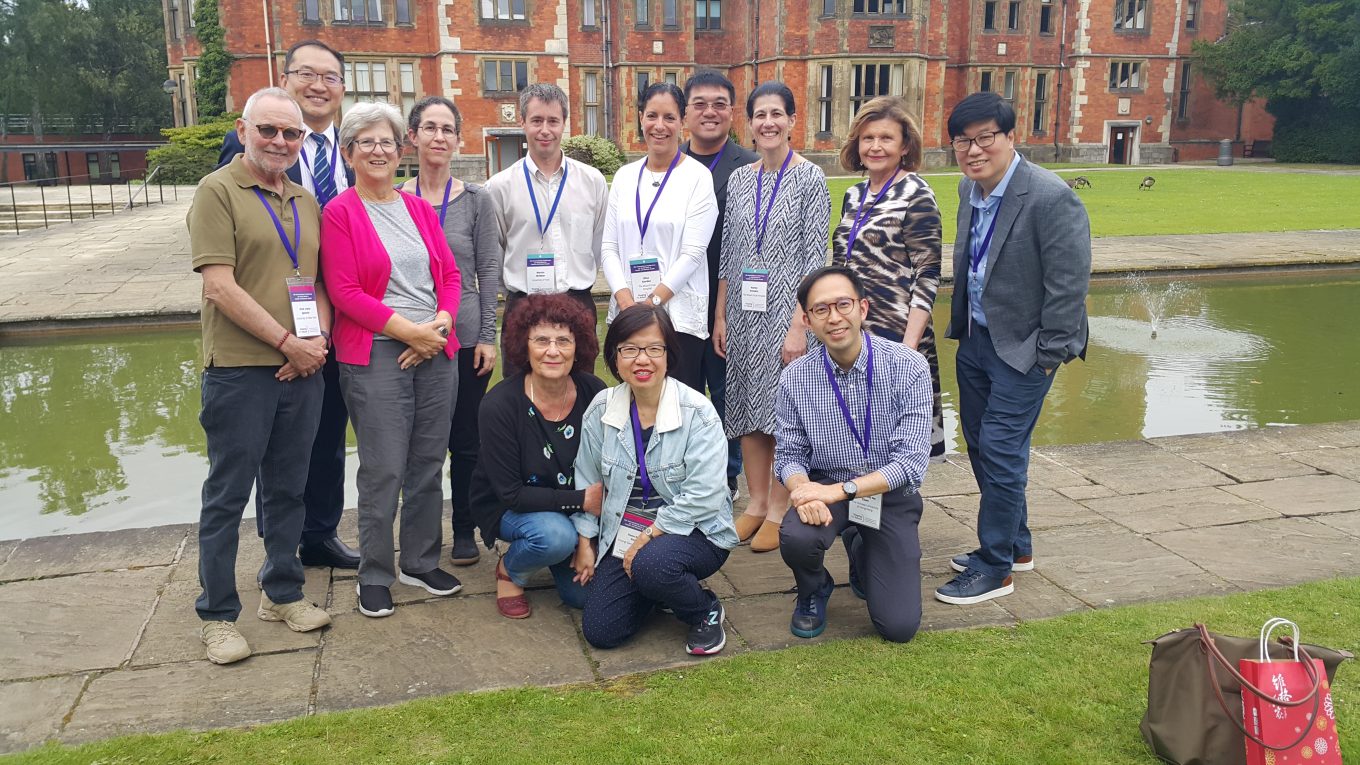Some reflections on the 9th International Conference on Social Work in Health and Mental Health in York, July 2019
Last week we welcomed over 550 delegates from over 40 countries to the 9th International Conference on Social Work in Health and Mental Health at the University of York.
Six years ago I agreed to bring the conference to York and it is somewhat surreal to realise that it is over. But I now have the opportunity to reflect on the experience and what its legacy might be for social work in the UK and beyond.

Practitioners
The conference aimed to bring together social work practitioners, educators and researchers to share knowledge and good practice. I feared that practitioners would not come, but this fear was, thankfully, only partially upheld. Many came from other countries, particularly the US and Australia. Fewer were from the UK.
I had particularly wanted to engage practitioners from the UK in the conference and introduced day delegate rates to help facilitate this. Some utilised this, but others were hampered because of the lack of support from their employer (finances and time) or being unable to take time for professional development. It is a new conference in the UK, so I did not expect widespread take-up, but the absence of funding for bursaries meant practitioners often dug into their own pockets to attend. However, it was great to see the value attributed to bringing the worlds of research and practice closer together:
Some thoughts about #icswyork2019 – I’m glad I went. I would try to go to more conferences but it can be quite costly. Saying that, the opportunities for practice and research to meet in social work need to be extended because it benefits the profession as a whole.
— Ermintrude (@Ermintrude2) July 27, 2019
It is clear, though, that practitioners from other countries are more likely to attend international conferences than those in the UK. This could be due to the greater availability of funding or, as some from Australia told me, they feel isolated and have a thirst for knowledge of what is going on around the world. I’d like to see a greater thirst for knowledge here; we should not be complacent in the UK that we are fully appraised of practice developments in other countries, as we could be missing out on more effective practice models.
Feedback I received from Lyn Romeo (Chief Social Worker for Adults) and other Principal Social Workers who attended was very positive. This may lead to the opening up of future opportunities for more practitioners to attend similar conferences in the future.

Researchers
This is the only international conference series specific to social work in health and mental health. The conference drew together a critical mass of people to focus on practice within this field. This meant sessions included people with an interest in the topics and discussion was meaningful. I also found that discussion in sessions was respectful and speakers did not feel under interrogation. This must be maintained in the future to encourage participation and create safe spaces to bring researchers and practitioners together.
It was good to see sessions focused on practice specialisms across health and mental health. In particular, there were a number of sessions focused on acquired brain injury, and the Social Work and Health Inequalities Network celebrated its 15th anniversary in a special plenary session. Conferences such as this bring together social workers to renew commitments to common causes and establish new collaborations to undertake new work together. This is valuable and must continue.
The research which was presented was practice-focused. Whether descriptive or evaluative, it facilitated conversations about what works or what could be applied in different contexts. This keeps the conference relevant to practitioners and helps in a modest way to create change.

Shaping the future
The conference theme was ‘Shaping the Future’. It struck a note of optimism that, together, we have the potential to carve out our own future as a profession. Not determined by policymakers, governments or employers, we have the capacity and ability to shape the future of social work together. This conference demonstrated that, together, we are shaping the future.
Here are the best bits:



I’m sure it was a great conference a real achievement but no mention of the experts in lived experience who could have made the learning so much greater a missed opportunity that they were not there to bring their invaluable insights and understandings, if it were not for them we would not have a social work profession!
Hi Mike,
People with lived experience were included in the conference – we had a plenary session on service user/survivor research, for example. I co-presented a symposium with mental health service users and there were other sessions which did the same. I just didn’t write about that in my reflections. Too much to include!
Many thanks for your interest.
All the best.
Martin
Very glad to hear that Martin but would have been good if you had mentioned in your feedback as from reading it there was no evidence of it. So used to users and carers being overlooked about things that directly affect them and that they could contribute to. Nothing about us with out us comes to mind.